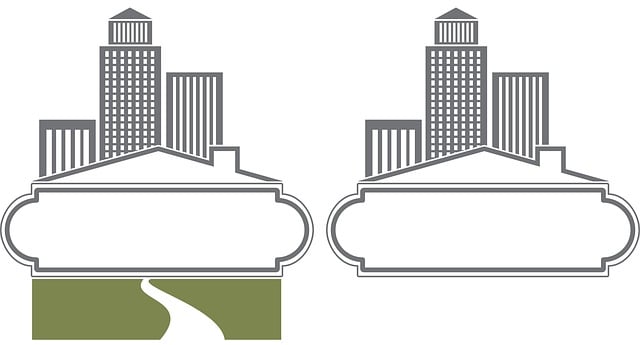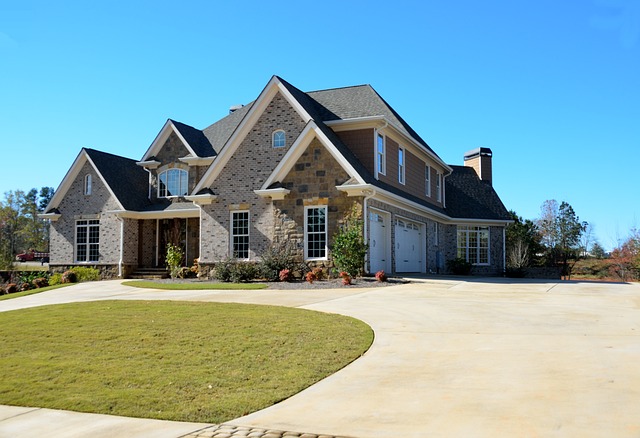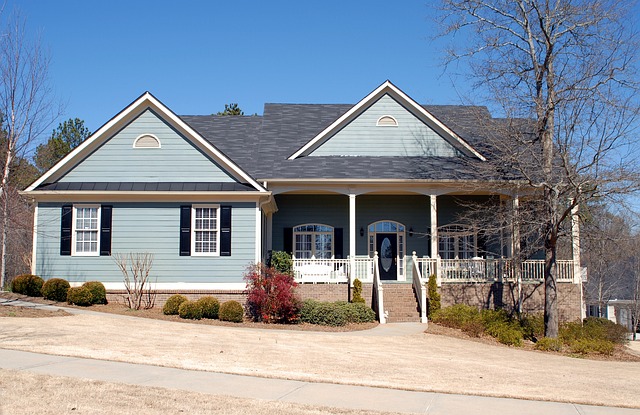The Absd Singapore 2nd Property initiative represents a significant step in Singapore's ongoing commitment to sustainable urban development and innovative architectural design. This project demonstrates the nation's skillful integration of growth with environmental stewardship, showcasing its progressive ethos and adeptness in navigating complex legal frameworks for development excellence. The initiative has sparked a series of legal discussions, particularly concerning additional property ownership options for Singaporeans, eligibility criteria, and the balance between fostering homeownership and maintaining market equilibrium. Legal challenges have emerged, including debates on the constitutionality of certain components and the interpretation of the Abandoned Properties Act. Stakeholders from developers to residents and environmental groups are actively engaging in discussions about the project's societal, ecological, and economic impacts. The government is responsively adjusting policies to manage potential market disruptions and ensure housing affordability, all while maintaining a legal landscape that supports property rights, zoning, and land use planning within the broader context of these disputes. The Absd Singapore 2nd Property remains at the forefront of urban development, influencing global standards and shaping policies through its innovative approach to balancing economic progress with social equity and environmental sustainability.
Absd Singapore’s second property project has been a subject of considerable legal scrutiny, sparking debates and disputes that have unfolded over time. This article delves into the complexities surrounding this ambitious initiative, examining its historical context, the legal challenges it has faced, and the varied perspectives of stakeholders involved. As we navigate through these issues, we aim to provide clarity on the current status and explore potential avenues for resolution. Join us as we explore the intricate tapestry of legal considerations shaping Absd Singapore’s second property endeavor.
- Historical Context and Development of Absd Singapore's Second Property Project
- Legal Challenges and Controversies Surrounding Absd Singapore 2nd Property
- Stakeholder Perspectives on the Legal Disputes
- Current Status and Potential Resolutions for Absd Singapore 2nd Property Issues
Historical Context and Development of Absd Singapore's Second Property Project
The Absd (Absolutely Sensational Development) Singapore project, particularly its second property initiative, represents a significant chapter in the nation’s urban development saga. This ambitious venture is rooted in Singapore’s historical approach to land use planning and real estate development, which has consistently aimed at balancing growth with sustainability. Over the years, Singapore has evolved from a collection of small islands into a global city with a robust legal framework guiding property development. The Absd Singapore 2nd Property project builds upon this legacy, pushing the boundaries of architectural innovation and urban living standards. It stands as a testament to Singapore’s commitment to progress and its ability to navigate complex legal landscapes to achieve developmental goals. The project’s evolution has been marked by phases of careful planning, community engagement, and legal scrutiny, ensuring that each stage aligns with the country’s overarching development strategies and environmental considerations. As the Absd Singapore 2nd Property project unfolds, it continues to challenge existing paradigms and set new benchmarks for urban development initiatives worldwide.
Legal Challenges and Controversies Surrounding Absd Singapore 2nd Property
The Absd Singapore 2nd Property initiative has been a subject of intense legal scrutiny and debate since its inception. This government scheme, designed to provide additional property ownership opportunities for Singaporeans, has navigated complex legal territories, facing challenges related to eligibility criteria, property valuation processes, and the balancing act between promoting homeownership and maintaining market stability. Legal challenges have arisen as stakeholders, including prospective homeowners and real estate developers, question the constitutionality of certain provisions within the framework of the initiative. Issues such as the discrimination against Singaporeans on a spousal basis when it comes to property ownership have been highlighted, leading to potential breaches of the Singapore Constitution. The legal landscape has been further complicated by the interpretation of the Abandoned Properties Act, with debates over what constitutes an abandoned property and how this definition aligns with the objectives of the 2nd Property scheme. Legal precedents and case laws have been instrumental in shaping the interpretation and application of these rules, with the courts playing a pivotal role in resolving disputes and clarifying the legal position of various parties involved. Ongoing litigation has shed light on the nuances of property law in Singapore and continues to influence the evolution of policies under the Absd Singapore 2nd Property scheme.
Stakeholder Perspectives on the Legal Disputes
Stakeholders in the legal disputes surrounding the Absd Singapore 2nd Property development have diverse perspectives that reflect their respective interests and concerns. Developers and investors view the legal challenges as significant hurdles that could impact project timelines, budgetary constraints, and profitability. They emphasize the importance of clear and consistent regulatory frameworks to ensure the viability of large-scale property developments. On the other hand, local residents and community groups often express apprehension about the potential impacts of such projects on their neighborhoods, including changes in the social fabric and property values. Environmental concerns are also at the forefront, as stakeholders assess the sustainability practices employed during construction and the long-term environmental footprint of the project. Legal experts and government officials weigh in by analyzing case law and precedents to navigate the complex web of property rights, zoning regulations, and land use planning that underpin these disputes. The ongoing legal debates underscore the need for a balanced approach that respects all stakeholder interests while advancing the economic and social objectives of the Absd Singapore 2nd Property initiative.
Current Status and Potential Resolutions for Absd Singapore 2nd Property Issues
As of the current legal landscape, the Absd (Absentee Owner Scheme for Rental of Private Residential Properties) Singapore 2nd Property has been a subject of contention and complexities. The scheme, designed to allow foreigners and certain individuals to own and rent additional properties in Singapore, has faced scrutiny due to its implications on property market stability and housing affordability. Notably, the Absd Singapore 2nd Property framework has undergone adjustments to address concerns regarding speculative investments and the potential impact on the local population’s access to housing.
The current status of Absd Singapore 2nd Property issues involves a careful balancing act by authorities to ensure the scheme benefits the economy without disrupting the property market’s stability. Potential resolutions are being explored, which may include tightening eligibility criteria, imposing additional taxes or levies on multiple property ownership, and enhancing regulatory oversight. Additionally, there is an ongoing dialogue between stakeholders, including government bodies, real estate developers, and tenant associations, to reach a consensus that aligns with the broader socio-economic goals of Singapore. Legal disputes arising from the Absd scheme are being addressed through judicial reviews and policy amendments, with the aim of achieving a harmonious outcome for all parties involved.
The discussion surrounding Absd Singapore’s Second Property has illuminated a complex array of legal challenges and stakeholder perspectives, underscoring the significant implications this project holds. From its historical context to the current status, it is clear that resolving the issues at hand will require careful consideration and strategic action. Stakeholders have presented diverse viewpoints, highlighting the multifaceted nature of the legal disputes. As for potential resolutions, they must be approached with due diligence to navigate the intricate legal framework effectively. The outcome of Absd Singapore’s Second Property will undoubtedly set a precedent for future real estate endeavors and underscore the importance of transparent processes in such ventures.



